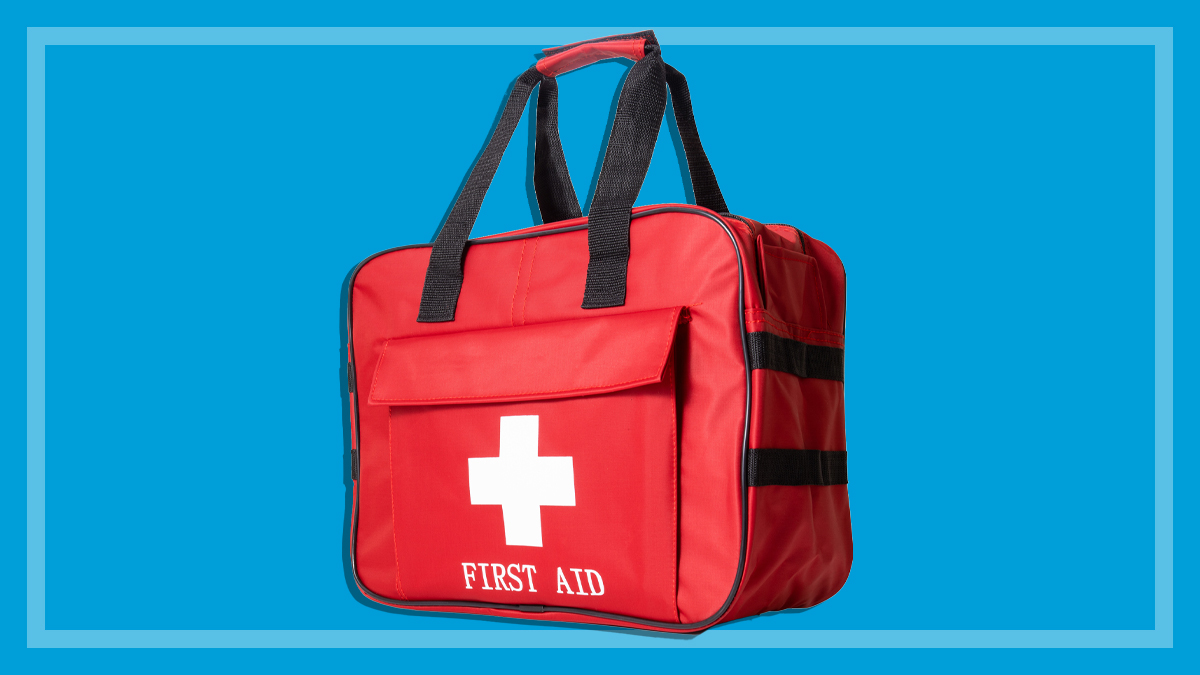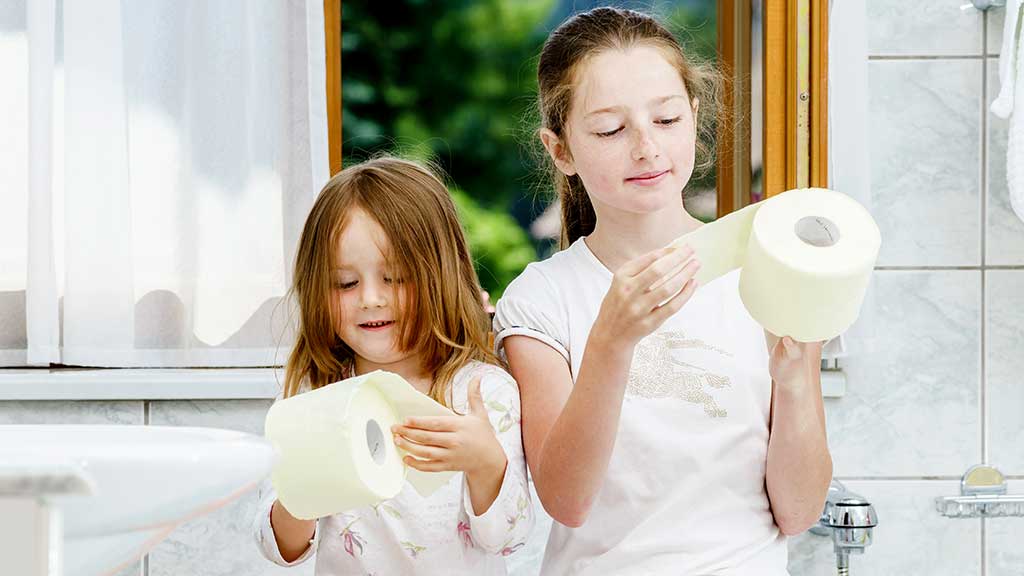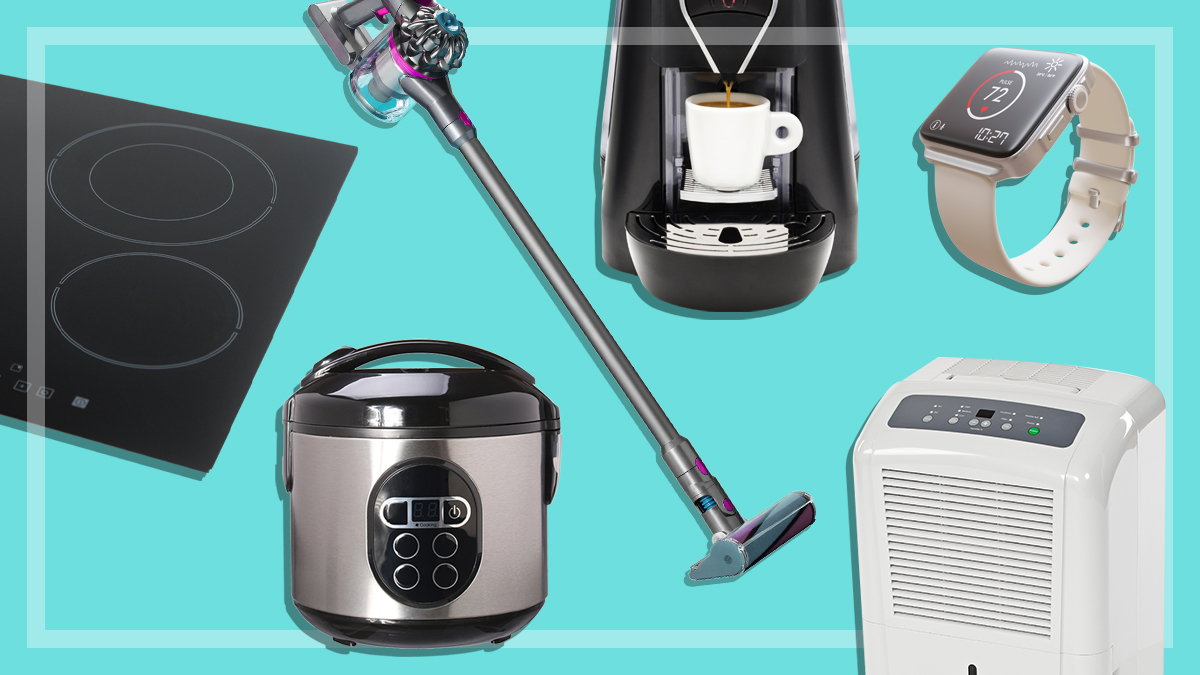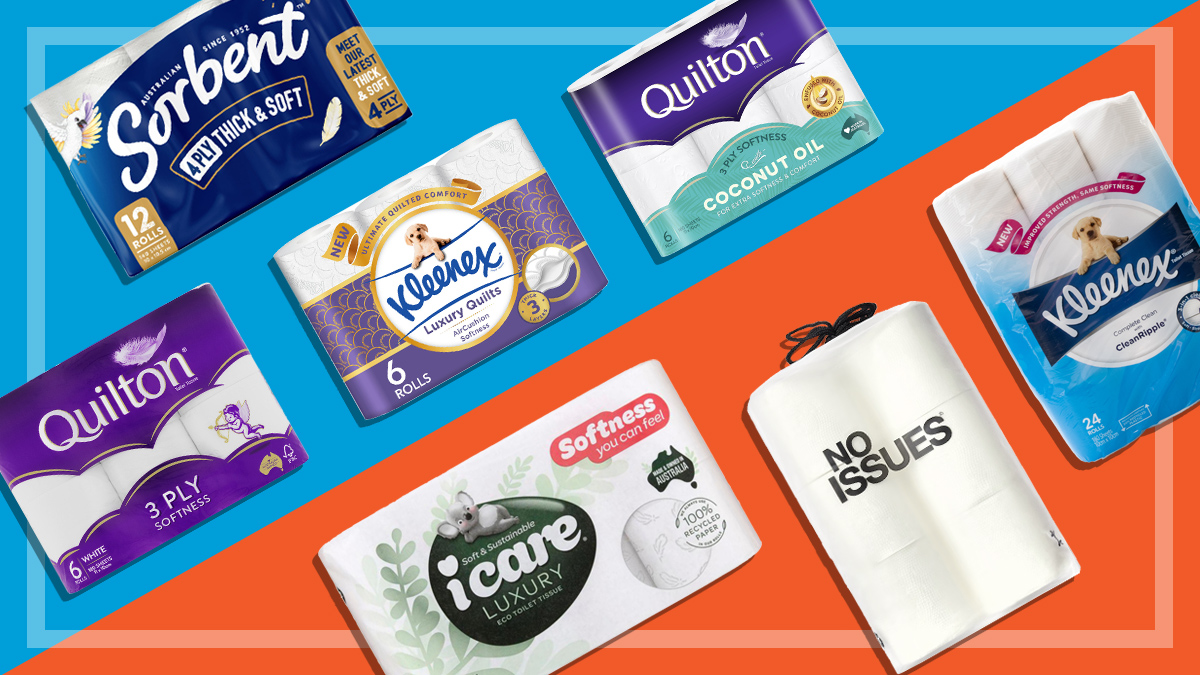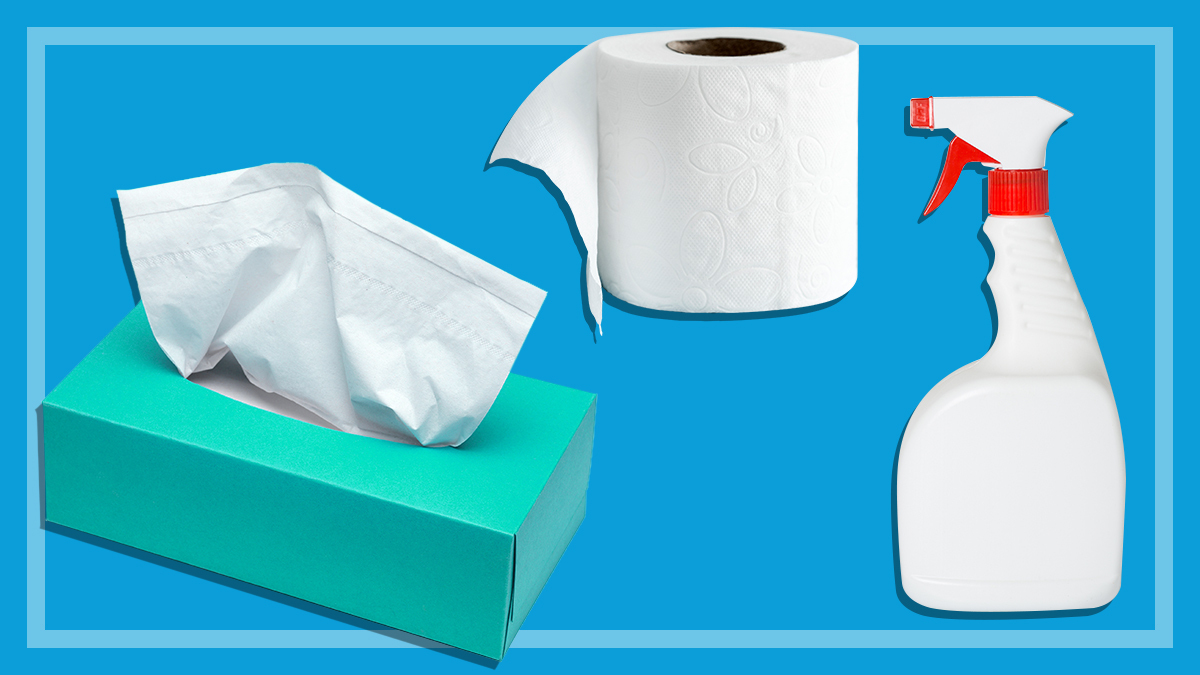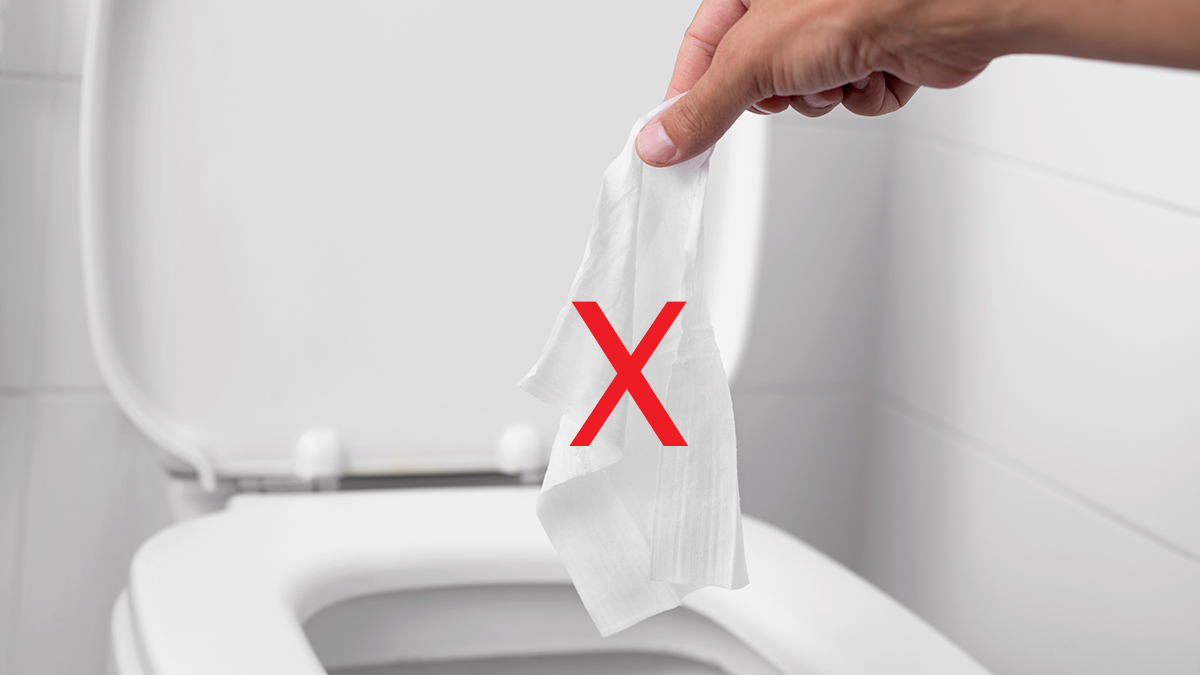Get our independent lab tests, expert reviews and honest advice.
How we test first aid kits
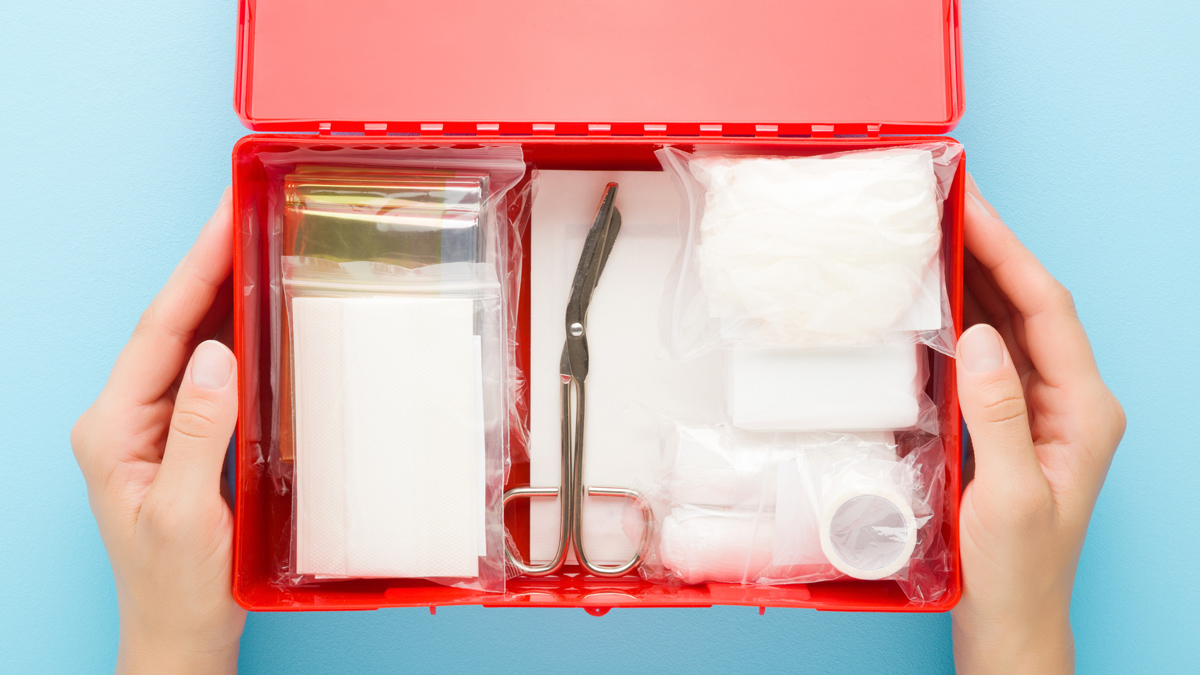
Our expert testers assess the contents of ‘home’ or ‘family’ first aid kits so you can find the best option to treat injuries that occur around the house.
On this page:
How we choose what we test
We specifically test first aid kits designed for home use, which includes products advertised as suitable for home use even if the product name says otherwise (e.g. workplace). The medical supplies included in these kits will differ from those aimed at more specific activities or environments such as marine, travel or hiking.
We select products from well known brands such as St John Ambulance Australia and the Red Cross, and kits you can find at prominent retailers including supermarkets, chemists and outdoor supply stores, as well as major online stores.
How we test first aid kits
Essential contents
We look through the contents of each kit to see which essential items are included. Our list of essential items is sourced from the ‘Portable first aid kits for use by consumers’ standard (AS 2675). Though the standard has lapsed and is no longer enforced, its inventory list is still a relevant guide for our test. Similar guides provided by St John Ambulance, the Red Cross and Health Direct also assisted when we developed the test method.
Most kits include one or more additional items that may be useful but non-essential for a home kit, and these don’t contribute to the essential contents score.
Performance
A panel of first aid experts conducts a practical assessment of the kit to check whether the contents (including extra items) can treat common injuries. Our experts include two CHOICE first aid officers and a nurse manager and educator with an extensive clinical background in emergency and ICU.
The common injuries are:
- bone fractures
- serious lacerations
- penetrating wounds
- serious abrasions
- serious burns
- animal bites/stings
- soft tissue injuries
- eye injuries
- poisoning
- hypothermia.
The testers also assess the layout and accessibility of the contents, and whether an untrained/inexperienced person would be able to use each kit effectively.
Ease of use
Our testers carry out a general assessment of the kit, layout and build quality based on:
- ease of opening and closing
- ease of accessing items
- ease of repacking items
- whether any instructions or guides are included
- whether the kit makes any water resistance/waterproofing claims or is designed as such.
Scoring
The CHOICE Expert Rating is based on the following criteria:
- essential contents (50%)
- performance (30%)
- ease of use (20%).

